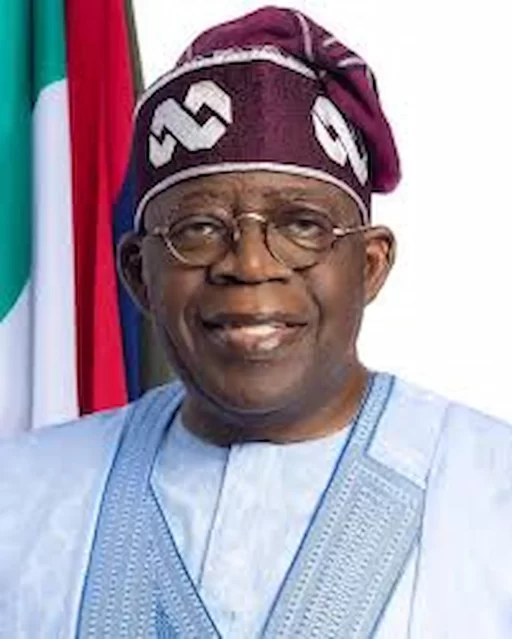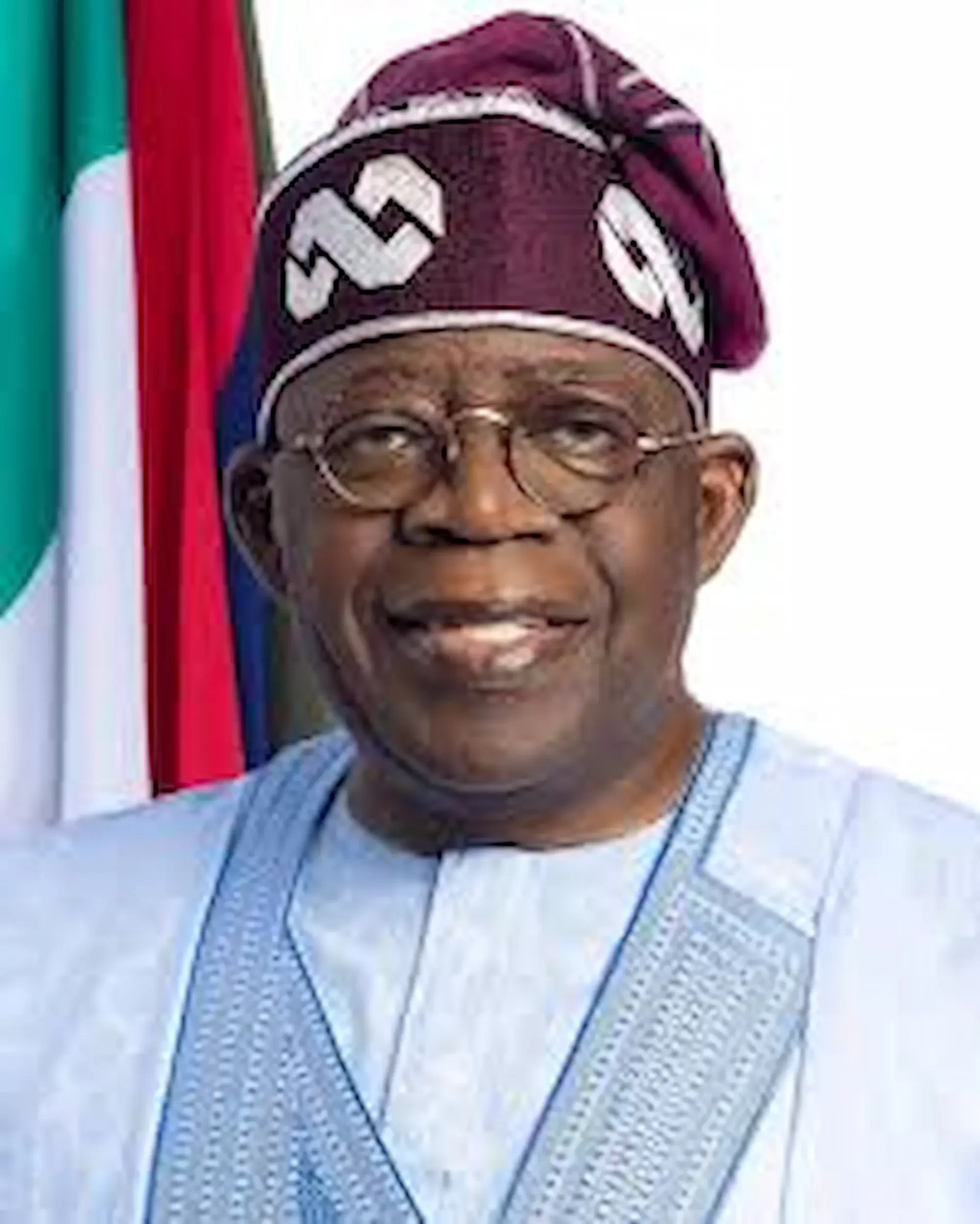Tinubu Approves ₦4tn Power Debt Repayment Plan Amid Rising Public Debt Concerns
By NaijaEnquirer Staff
President Bola Tinubu has approved a ₦4 trillion ($2.61bn) repayment plan to settle longstanding debts in Nigeria’s electricity sector, a move the Federal Government says will help revive the struggling power industry.
The debt, owed mainly to 27 power generation companies since 2015, has stalled investment and deepened the country’s chronic electricity shortages. Without repayment, many of the firms have struggled to repair ageing infrastructure or expand capacity.
Finance Minister Olayemi Cardoso disclosed the decision after a cabinet meeting in Abuja, noting that the plan would be finalised within a month. The Debt Management Office (DMO) will coordinate repayments through bonds and financial instruments to avoid immediate pressure on government finances.
The initiative is part of wider reforms that include a 35% cut in electricity subsidies and tariff adjustments for urban consumers. Government estimates suggest these reforms could save ₦1.1 trillion ($718m) annually while restoring investor confidence and gradually improving electricity supply.
A Growing Debt Problem
Despite optimism, analysts warn the plan may simply restructure the debt rather than resolve it. Using bonds, they argue, will push repayment further into the future. If reforms fail to improve power supply, Nigeria risks being saddled with high borrowing costs and persistent blackouts.
The development comes as Nigeria’s public debt has surged by ₦27.72 trillion in the past year, reaching ₦149.39 trillion. Currency depreciation has worsened the problem, with external debt in dollar terms rising modestly but ballooning by 26% in naira terms.
Projections suggest Nigeria’s debt could hit ₦187.79 trillion by the end of 2025 if borrowing continues at the current pace. While the debt-to-GDP ratio remains below the IMF’s 60% benchmark for emerging markets, weak revenue collection and exchange rate volatility present major repayment risks.
For now, the success of Tinubu’s power sector gamble depends on whether the reforms deliver visible improvements fast enough to justify the massive financial commitment.







